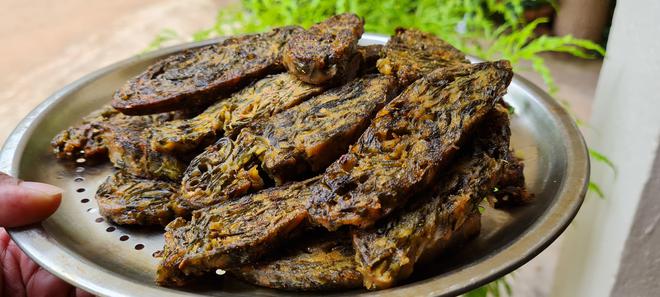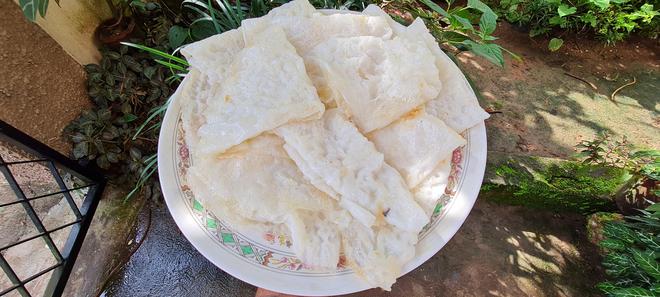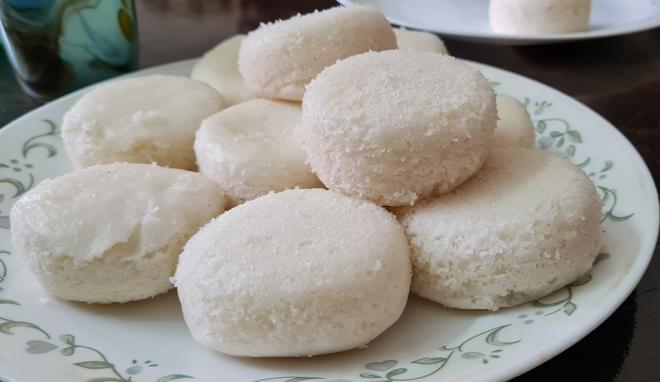The 477th recipe in Jane DSouza’s Cook Book contains a rather innovative formula — Maggi Brinoodlepot, which consists of regular instant noodles zhuzhed up with ingredients that sound a bit like those that go into an eggplant potato gratin. “It is my own invention,” says DSouza with a smile, about the recipe that won her the first prize at the Nestlé (India) Open to All cooking contest in 2002.
Experimenting with recipes comes easily to DSouza; she has been winning cooking prizes in her hometown Mangaluru for decades now. “I was interested in cooking from childhood,” says the 71-year-old. She recalls cutting out recipes from women’s magazines such as Femina and Women’s Era and experimenting with those right from when she was in school, says DSouza, who moved to Kuwait in the 70s after her wedding.

Though she had to leave behind her collection when she returned to India in the 1990s after the Gulf War broke out, her culinary experiments did not stop. “I joined all the clubs in Mangaluru and participated in cookery classes and contests,” says DSouza, admitting that she won all of them. She also started writing for a popular Konkani daily, sharing different recipes, many of which were intrinsic to her Mangalurean Catholic culture.
A heady mix
These recipes, she points out, had their roots in the people who fled Portugal in the 1500s to escape the long shadow of the Inquisition. “They brought a Portuguese influence, which mixed with the local communities in Mangaluru,” she says. Sorpotel, for instance, the iconic pork stew of Goa and Mangaluru, has distinct Portuguese roots; the cuisine is also heavy on rice, fish, coconut and local vegetables. She talks about thel-piyao, the practice of stir-frying vegetables, any vegetable, with oil and onion. “It is a side dish we have almost every day.”
“Meticulous planning is key. There must be no last-minute hustling in the kitchen”Jane DSouza
By the early 2000s, her column had become so popular that readers asked her to write a recipe book. She came out with her very first Konkani cookbook in 2003, which had both Mangalurean Catholic recipes and other popular ones. It sold over 3,000 copies. Jane DSouza’s Cook Book, published in 2004, contains 480 recipes, 109 of which are Mangalurean Catholic. “I am very happy because I heard that they still give this book to newly married brides,” says DSouza, who has been doing cooking demos on TV.

DSouza, who is all set to cook her famous Mangalurean chicken roast this festive season, says that both her mother and mother-in-law were excellent cooks, and they passed down their recipes to her. She brings a personal touch to everything she cooks and documents, often simplifying complicated traditional Mangalurean Catholic recipes.
What is the maxim she follows when it comes to her own cooking? Meticulous planning, she says. Food must be eaten together. “I don’t like going to the kitchen when guests visit,” she says. “I prepare everything beforehand so that I can sit down and spend time with everyone.”

RECIPE
Sannas
Ingredients
Method
preeti.z@thehindu.co.in







